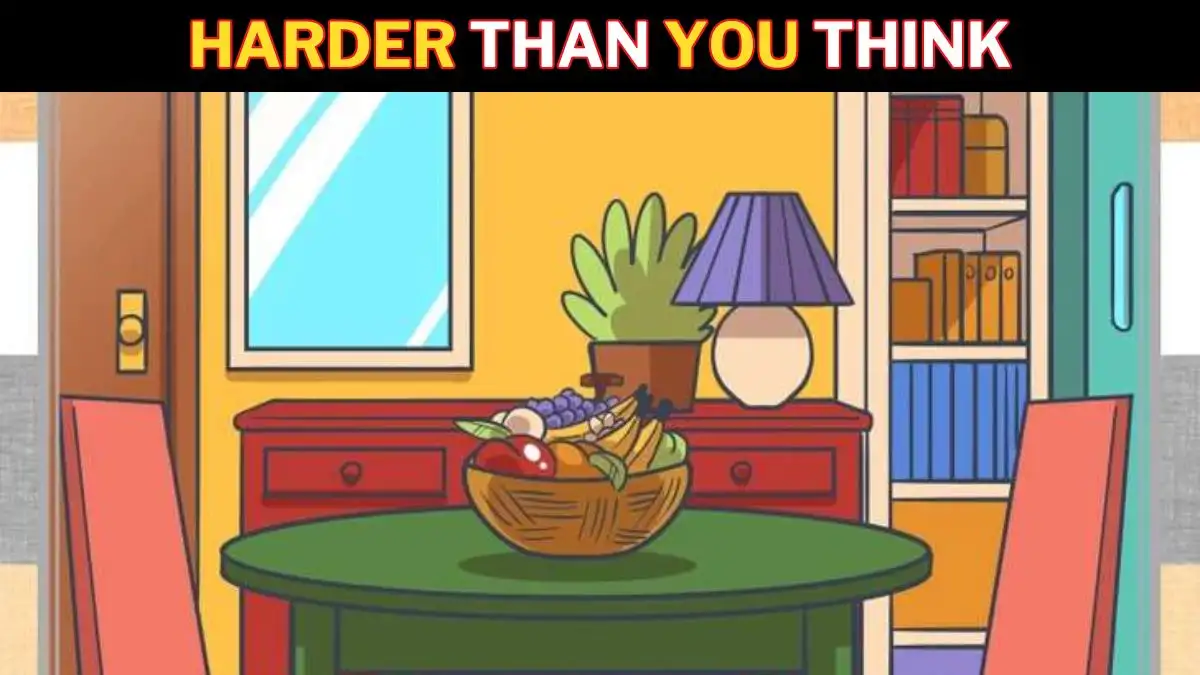Welcome to a stimulating challenge designed to test the limits of your observation skills and cognitive speed.
The “Quick-Spot the Flower in Just 8 Seconds” intelligence test is a captivating exercise that combines the fun of visual puzzles with the intrigue of cognitive testing.
This article delves into the world of visual puzzles as a means of intelligence assessment, exploring the mechanics behind them and offering tips on how to master these challenges.
Visual Puzzles:
A Gateway to Cognitive Exploration: Visual puzzles are not just entertainment; they are a window into the complex workings of the human brain.
These puzzles require the observer to identify specific items, patterns, or discrepancies within a complex image or arrangement.
The ability to quickly process visual information, recognize patterns, and disregard irrelevant details is crucial for solving these puzzles efficiently.
The Science Behind Quick-Spot Challenges:
Quick-spot challenges like the “Quick-Spot the Flower” test are rooted in cognitive science. They rely on the brain’s visual processing capabilities, including:
Pattern Recognition:
The human brain is adept at identifying patterns, a skill essential for recognizing the target object amidst distractors.
Attentional Focus:
These challenges test and train your ability to focus your attention quickly and efficiently.
Processing Speed:
Quick-spot tasks are excellent measures of your brain’s processing speed, indicating how swiftly you can interpret visual information and make decisions.
The Challenge:
Quick-Spot the Flower in Just 8 Seconds:
Here’s your challenge: an image bustling with a variety of shapes, colors, and objects, among which hides a single flower. Your task is to spot this flower in just 8 seconds. Are you ready to test your cognitive agility?
Did you manage to find the flower within the time limit? Whether you succeeded or not, remember that practice plays a significant role in improving your performance on tasks like these.
Benefits of Engaging with Visual Puzzles:
Engaging regularly with visual puzzles can offer several cognitive benefits, including:
Enhanced Cognitive Flexibility:
Regular practice can help improve your ability to switch between thinking about different concepts and to think about multiple concepts simultaneously.
Improved Problem-Solving Skills:
Visual puzzles train you to approach problems from different angles and to use creative thinking to find solutions.
Increased Observation Skills:
These challenges can sharpen your ability to notice minute details, enhancing your overall observation skills.
Tips for Mastering Quick-Spot Challenges:
Practice Regularly:
Like any skill, your ability to quickly spot details improves with practice.

